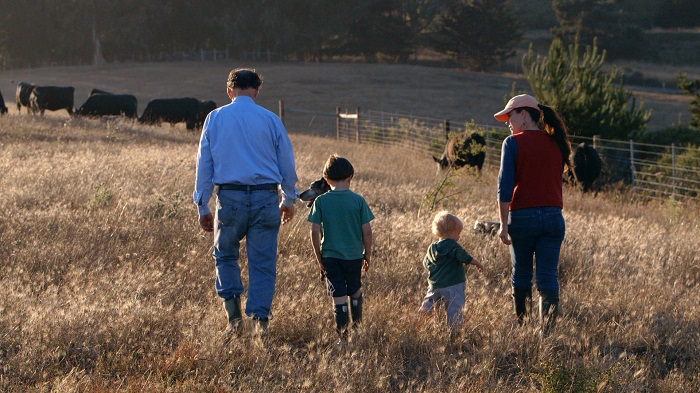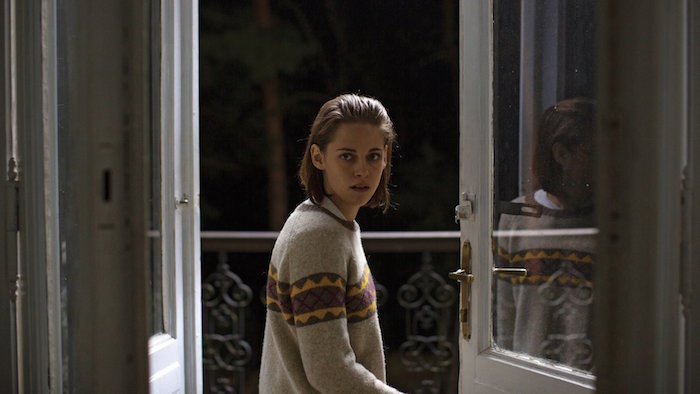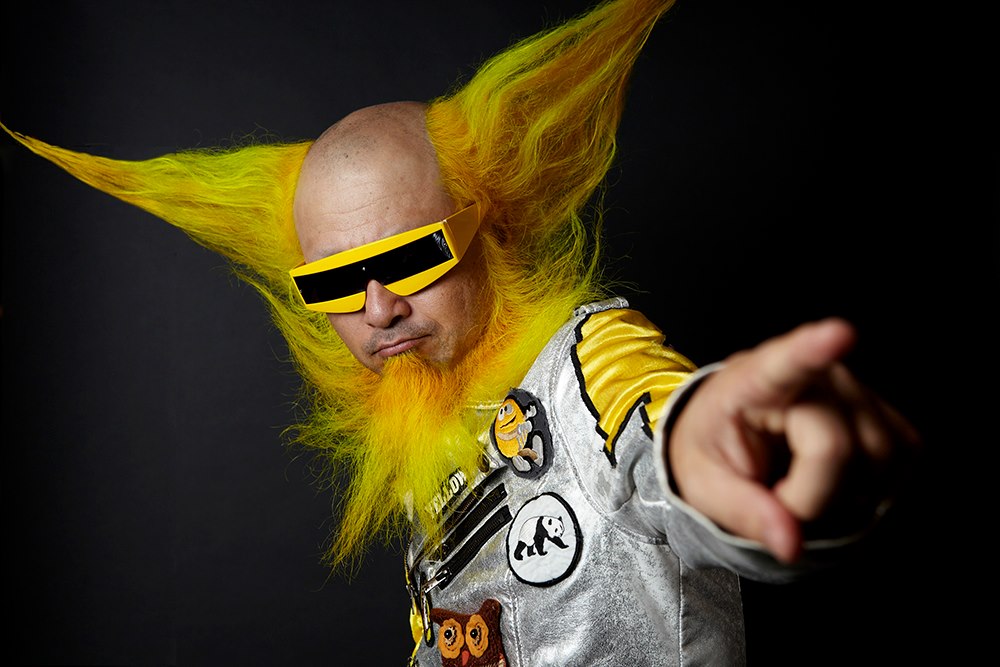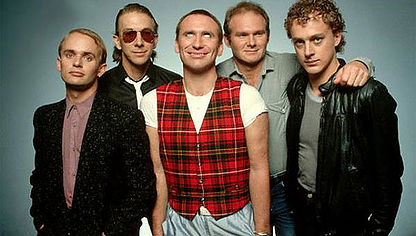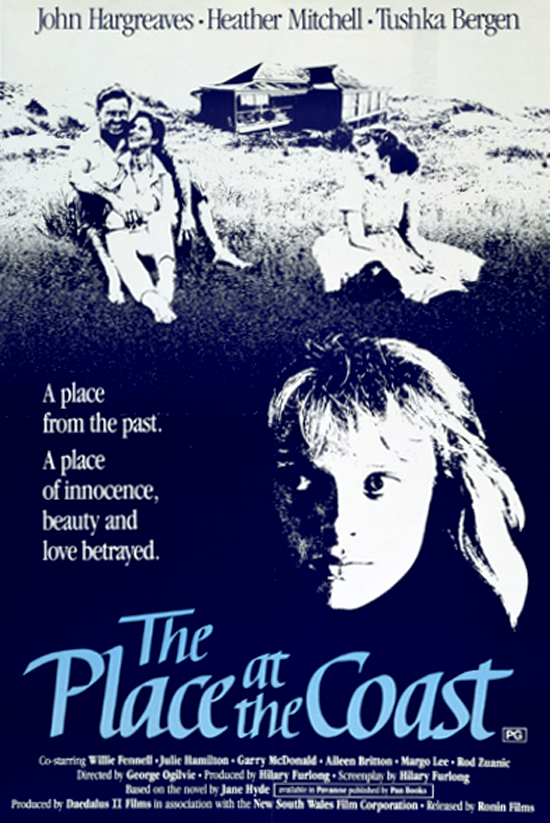KILLING GROUND
 Friday, August 5, 2016 at 8:19AM
Friday, August 5, 2016 at 8:19AM Stars: Aaron Pederson, Aaron Glenane, Harriet Dyer, Ian Meadows, Tiarnie Coupland, Maya Stange, Julian Garner, Liam Parkes, Riley Parkes and Stephen Hunter.
Writer/director: Damien Power.
Reviewed at the World Premiere screening, Thursday August 4, presented by the Melbourne International Film Festival at Hoyts Melbourne Central.
Rating: 4/5

Damien Power’s brutal bushland nerve-shredder Killing Ground can rightfully sit alongside such dark kindred spirits as Wolf Creek and The Long Weekend in the annals of Aussie genre infamy. Bolstered by revelatory star turns from Aaron Pedersen and Aaron Glenane as the latest ute-drivin’, pig-shootin’ incarnations of the Australian male’s primal, predatory id, Power’s skilfully crafted feature debut demands global exposure beyond genre fests and midnight showings.
The young director both embraces and deconstructs a myriad of familiar ‘bad ol’ boys’ tropes, the likes of which rankle detractors who argue that such stereotypical characters demean the country folk portrayed in ‘hillbilly horror’ works likes Deliverance, Straw Dogs, The Texas Chainsaw Massacre or, as recently as 2015, Sam Curtain’s similarly-plotted Aussie shocker, Blood Hunt. Regardless of such intellectualising (which is not without merit), there is no denying that this vivid, slow-burn reworking of a well-worn conceit is engrossing and, in at least one extended sequence certain to be examined frame-by-frame by censorship authorities, not for the weak of constitution.
Most thrillingly, Power and his virtuoso editor Katie Flaxman apply a complex narrative device that allows for interweaving storylines to span two distinct chronologies only hours apart. The foreboding sense of inevitable horror that permeates the first two acts of the auteur’s self-penned script works at such a pulsating pitch, it can’t possibly be sustained through to the more conventional but no less riveting denouement; for the faint of heart, that may not be such a bad thing.
The set-up is Horror 101; a young couple - Sam (Harriet Dyer), a doe-eyed twenty-something smitten with her upwardly mobile doctor bf, Ian (Ian Meadows) - indulge in a romantic getaway off a tourist trail in the Australian bush. Staking their claim on a riverbank clearing, they are resigned to sharing the spot with a big orange tent but, as their first night becomes a new day and there are no signs of their fellow adventurers, concern mounts.
Power begins his crosscutting of timeframes nonchalantly, introducing the missing family unit of troubled teen Em (a terrific Tiarnie Coupland), mum Margaret (Maya Stange), cool dad Rob (Julian Garner) and toddler Ollie (Liam and Riley Parkes, sharing the call-sheet). As Sam and Ian become entwined in the mystery of the empty tent, the fate of the young family unfolds at the hands of charming sociopath German (Pederson, giving his all in a thrilling, against-type performance) and Chook (Glennane, arcing his ‘simple man’ archetype from dimwitted follower to coldblooded killer with an agonising intensity). The actors are superb in roles that recall David Argue's and Chris Haywood's moronic, murderous mates in Russell Mulcahy's Razorback, minus the tension-relieving buffonery. When the timelines converge, the narrative is powered by a relentless momentum that essentially doubles-down on the 'final girl' plight synonymous with the genre.
Displaying a entirely appropriate confidence in his material, Power takes time building character detail and a convincing sense of time and place, which may frustrate gorehounds who like their bloodletting upfront. But the patience the director displays adheres to the traditions of the best of B-cinema (especially the slasher pic heyday of the early '80s) and ensures audience empathy is peaking just as the nasty business kicks in. The cinematic heritage of great grindhouse works is also embraced by ace cinematographer Simon Chapman (Cut Snake, 2014; The Loved Ones, 2009), who captures the wilderness with stark, superb widescreen lensing before getting down and dirty, both figuratively and literally, in the third reel darkness.
 Australian film,
Australian film,  Debut,
Debut,  Independent,
Independent,  MIFF,
MIFF,  horror
horror 

